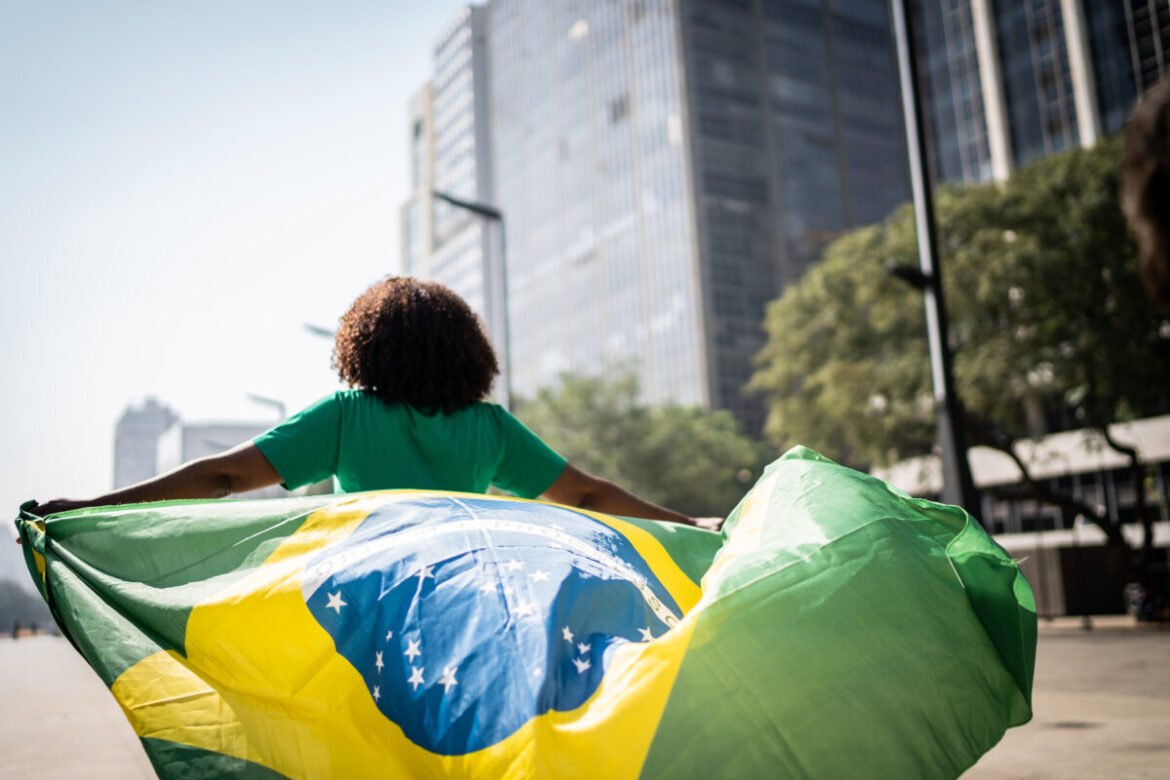In Brazil, around 84 per cent of adults have access to financial accounts, leaving the region ready to enhance its overall financial health; according to a new study by Brazilian neobank Nubank and payments giant Mastercard.
Findings from the study by Mastercard and Nubank, which measured the financial inclusion impact on individuals, found that Brazil currently stands out in Latin America as being ready to grow financial inclusion and health, with 70 per cent card penetration, 55 per cent card usage and a high level of real-time payment usage.
Providing the unbanked and underbanked populations access to financial services could generate significant economic and social impact. Sixty per cent of Nubank’s customers moved from financial access to usage in 24 months and 40 per cent within 12 months, regardless of income level.
While the majority of adults do have access to financial accounts, may lack the financial education to progress along the inclusion journey, the study explained.


Cristina Junqueira, co-founder and chief growth officer at Nubank, discussed this issue: “Since Nubank was founded, financial education has always been one of our pillars and it is also present in the design of our products and services in order to empower consumers to make the best decisions for their lives and have control over their money.
“Although access to financial services in and of itself has had a major impact, advancing the literacy journey on these topics brings greater and more sustainable benefits not only to individuals, but to the community as a whole.”
‘The journey to financial security and health is non-linear’
Active financial product usage may also increase familiarity and trust, leading to accelerated financial inclusion. Nubank and Mastercard suggest that making payments with prepaid cards can be a stepping stone to accessing advanced financial products. Around 80 per cent of people who used a prepaid card used it as their first financial product, while 67 per cent went on to access loan products, and 36 per cent progressed to make investments.
Marcelo Tangioni, division president for Brazil at Mastercard, also commented on the findings: “The journey to financial security and health is non-linear and full of obstacles – the only way to accelerate this journey is by understanding the barriers and then building and deploying inclusive digital solutions. Through this study, we have clear evidence that frequent, consistent and responsible use of digital payment tools is critical to building trust and putting people on a path towards a more sustainable financial health.”
Providing digital payment tools accompanied by financial education, encouraging responsible use of credit, and investing in micro, small and medium enterprises could be key when trying to bring more people into the digital economy and help accelerate their journey to long-term, sustainable financial health.





